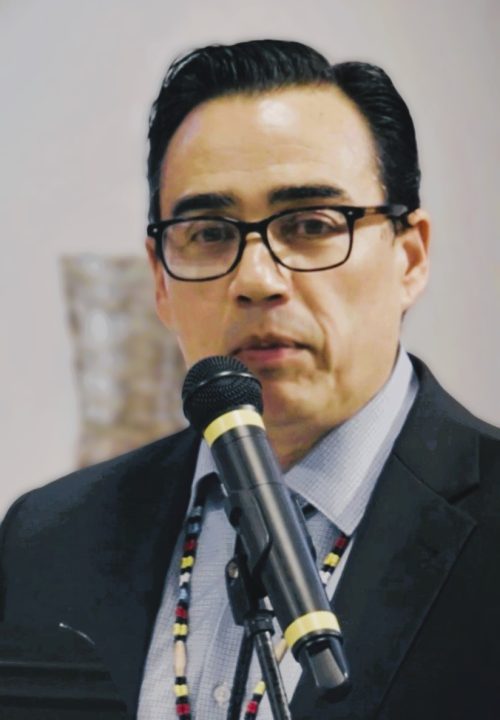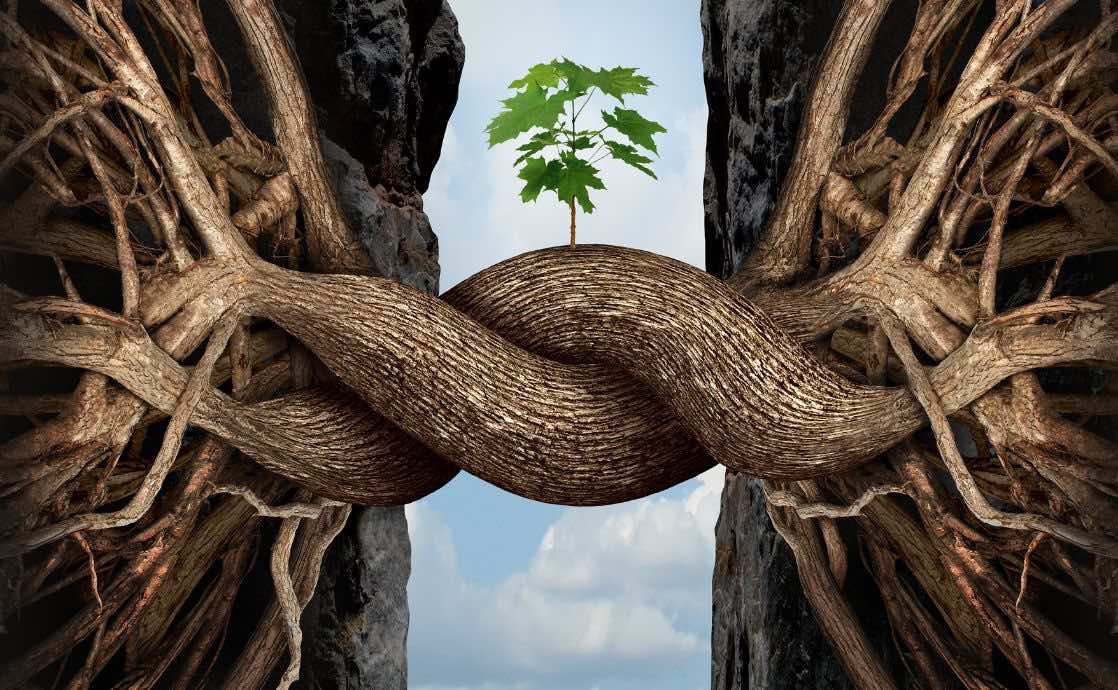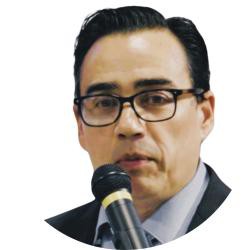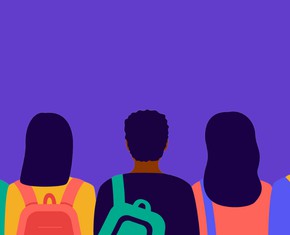The views expressed in our content reflect individual perspectives and do not represent the authoritative views of the Baha'i Faith.
In part one, Michael Orona and I explored untold stories of solidarity between Indigenous Yaqui miners and African Americans. In part two, we delved into the power of spiritual courage and resilience. Now, in part three, we turn our focus to how we can promote unity and harmony in society.
The Baha’i writings call us to practice a high standard of love and unity. In a tablet to the Baha’is of the United States and Canada in 1916, Abdu’l-Baha, one of the central figures of the Baha’i Faith, wrote:
The divine friends must be attracted to and enamored of each other and ever be ready and willing to sacrifice their own lives for each other.
Yet, we can only achieve this profound unity through justice. Baha’is believe:
Justice is vital to the establishment of unity and harmony at all levels of society, as it provides the standard by which individual conduct and collective effort are judged. A requirement for living a life of service to humanity, then, is constant effort to develop truthfulness, trustworthiness, and justice, ensuring that they are ever-present in thought and action.
RELATED: How to Be a Better Ally for Racial Justice
Radiance Talley: Hi, Michael! In your novel, “The Brave Ones,” your characters create unity and challenge societal norms through their actions. What Baha’i teachings or personal reflections inspire your vision of unity, and what actions can readers take to promote justice and harmony in their own communities?
Michael Orona: Unity is not just an abstract concept, but a transformative power that can reshape societal structures. In “The Brave Ones,” the unintentional partnership between members of the Indigenous Yaqui community and African Americans represents a profound truth: our shared humanity transcends the artificial boundaries created by racism and discrimination.
The Baha’i teachings of the oneness of humanity are fundamental to my understanding of social transformation. We believe that humanity is like a garden — its beauty lies in its diversity. Just as a garden thrives when different flowers grow together, societies flourish when diverse communities recognize their interconnectedness. This principle guided the development of the characters in my book to look beyond their immediate circumstances and forge a collective path forward.
In my decades of human rights work around the world, I’ve witnessed how unity can emerge from the most challenging circumstances. The Baha’i principle of universal education is crucial here. Education is not just about academic knowledge, but about developing empathy, understanding, and the capacity to see beyond superficial differences. Readers can start by educating themselves about the histories and experiences of marginalized communities.

Practical Actions to Promote Unity, Justice, and Harmony in Society
Some practical actions for promoting justice and harmony might include:
1. Active Listening:
Truly hear the stories of communities different from your own. Understanding comes before solidarity and collaboration.
2. Amplify Marginalized Voices:
Use your platforms, whether personal or professional, to create space for Indigenous, Black, and other underrepresented narratives. Give these individuals the opportunity to lead discussions and share their unique perspectives.
3. Build Unexpected Partnerships:
Like the characters in my book, seek connections across apparent divides. Unity often emerges from the most unexpected places.
4. Practice Extreme Empathy:
Go beyond sympathy. Develop a genuine commitment to understanding the lived experiences of others. This means spending the time to build lasting friendships.
RELATED: What Is Intercultural Empathy, and Why Is It Important?
My Chihene Apache and Yaqui heritage, along with my belief as a member of the Baha’i Faith, has taught me that justice is not a destination but a continuous journey. Each small act of understanding, each moment of genuine connection, contributes to a more harmonious world.
The story of the Yaqui miners is a microcosm of a larger truth: when we recognize our shared humanity, we can challenge even the most entrenched systems of oppression. It’s not about erasing our differences, but about celebrating them while recognizing our fundamental unity.
I often reflect on a Baha’i quote that says:
The well-being of mankind, its peace and security, are unattainable unless and until its unity is firmly established.
This is not just a spiritual principle, but a practical blueprint for social transformation. To the readers of “The Brave Ones,” I say this: Be courageous. Be curious. See the humanity in every person. The most profound revolutions begin with individual acts of understanding and compassion. Our world doesn’t need more division. It needs more bridges.
Radiance: Absolutely, that’s beautifully said. I would also add that this extreme empathy should result in compassionate action, where people speak up and stand up within their spheres of influence to advocate for the rights of marginalized voices and effect meaningful and lasting change. Thank you, Michael, for taking the time to answer my questions with such wisdom and heart.

















Comments
Sign in or create an account
Continue with Googleor